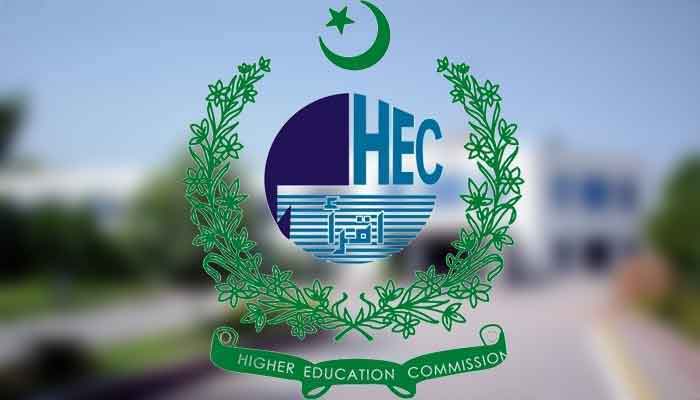Does More Income Buy More Happiness? Empirical Evidence from the World Values Survey in Pakistan
Keywords:
Easterlin Paradox, Happiness, Subjective Well-being, Economics, Income CapacityAbstract
This study examines the empirical validity of the Easterlin Paradox in the context of Pakistan, drawing on nationally representative microdata from 1,995 adult respondents in the most recent Wave 7 of the World Values Survey. The paradox posits that while income is positively associated with happiness at a given point in time, long-term increases in income do not necessarily lead to sustained improvements in subjective well-being. We examine this relationship through a combination of descriptive statistics and a two-level mixed-effects ordered logistic regression model, which accounts for both individual- and community-level heterogeneity. The analysis confirms that income has a statistically significant positive effect on happiness; however, the inclusion of a squared income term reveals a non-linear, concave relationship, indicating diminishing marginal returns to income—a core tenet of the Easterlin Paradox. Beyond income, a range of non-material factors such as good health, perceived autonomy, confidence in institutions, and social class emerge as significant predictors of happiness. Conversely, factors like food insecurity and being a victim of crime negatively impact subjective well-being. These findings align with the capability approach and recent global literature emphasizing the multidimensional nature of happiness. The study contributes to filling a critical gap in South Asian happiness research by providing country-specific, methodologically rigorous evidence from Pakistan. Policy implications suggest the need for a broader, human-centered development strategy that prioritizes healthcare, education, institutional trust, and social protection, rather than focusing narrowly on income growth. By shifting the focus toward inclusive and holistic well-being, Pakistan can better align its development goals with what truly enhances the lives of its citizens.
Downloads
Published
How to Cite
Issue
Section
License
Copyright (c) 2025 Journal of Contemporary Macroeconomic Issues

This work is licensed under a Creative Commons Attribution-ShareAlike 4.0 International License.







